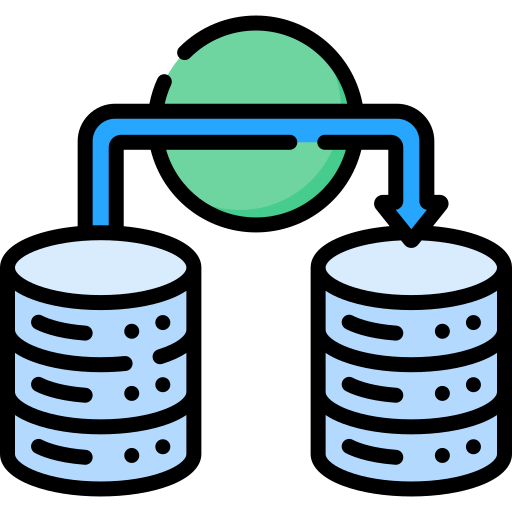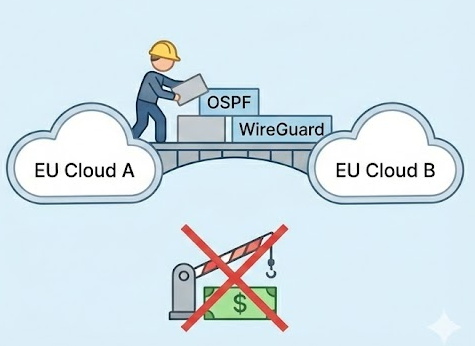Migrating from ScyllaDB to Apache Cassandra: Rediscovering Performance, Openness, and Long-Term Value

For teams managing large-scale data systems, the choice of database technology is never static. Requirements evolve, workloads grow, and the technology landscape moves fast. Many organisations that initially moved to alternatives like ScyllaDB in search of better performance are now revisiting Apache Cassandra and for good reason.

ScyllaDB, once seen as the ultra-fast drop-in replacement for Apache Cassandra, has recently changed its licensing model from open source to source-available, introducing a new restriction that caps free usage at 10TB of total data for an entire organisation. This change has significant implications for organisations that rely on large-scale, distributed data infrastructure, bringing long-term concerns around scalability, cost, and vendor control to the surface. For many, it has reignited interest in fully open and community-driven alternatives.

Apache Cassandra, now at version 5.0, is emerging as that alternative, combining genuine openness with the kind of performance and operational consistency that once defined Scylla’s appeal. Cassandra has evolved into a high-performing, enterprise-grade distributed database that no longer carries the tuning headaches of the past. The balance of speed, stability, and open-source freedom makes it not only a safe migration target but a long-term, future-proof data platform.
The Case for Cassandra Today
Apache Cassandra has always been a leader in global-scale, high-availability database systems. What’s changed in recent years is how much better it has become at delivering consistent, low-latency performance while maintaining the openness and flexibility enterprises depend on.
The recent release of Cassandra 5.0 represents one of the most significant leaps forward in the project’s history:
- No more Stop-the-world pauses: The integration with the Shenandoah Garbage Collector (GC) in OpenJDK virtually eliminates the pause issues that plagued earlier versions using CMS or G1. This enables smoother, faster, and more predictable response times.
- Next-Generation Storage Engine: Cassandra 5.0 introduces a redesigned storage engine that improves write efficiency, reduces disk I/O, and optimises space usage, particularly for complex workloads.
- Data Integrity and Automation: Improved repair, consistency checking, and corruption detection tools make managing data at scale far more reliable and less manual.
- Schema and Query Improvements: Enhanced indexing and guardrails let developers and operators control query patterns with more precision and protect clusters from costly design mistakes.
Reconsidering Open Source Freedom
The recent licensing changes at ScyllaDB (introducing at 10TB of total volume limits for entire organisations) have reminded many teams of the long-term value of true open source. Cassandra continues to be fully governed by the Apache Software Foundation, ensuring no vendor lock-in, no imposed storage caps, and a thriving community driving innovation.

Helping Organisations Transition Back
At Digitalis | Cloud‑Native Data Engineering & AI Experts , we’ve been helping enterprises migrate back to Cassandra, often from proprietary or source-restricted systems. What re they seeing? Reduced latency, simplified operations, and restored confidence in open technology foundations. Cassandra’s resurgence isn’t just about performance, it’s about control, transparency, and trust.
Cassandra 5.0 marks a turning point for the project. It combines cutting-edge performance with the reliability and openness that made it an industry standard in the first place. For organisations managing critical data workloads, the smartest move might just be the one that brings you back to Cassandra.



.png)